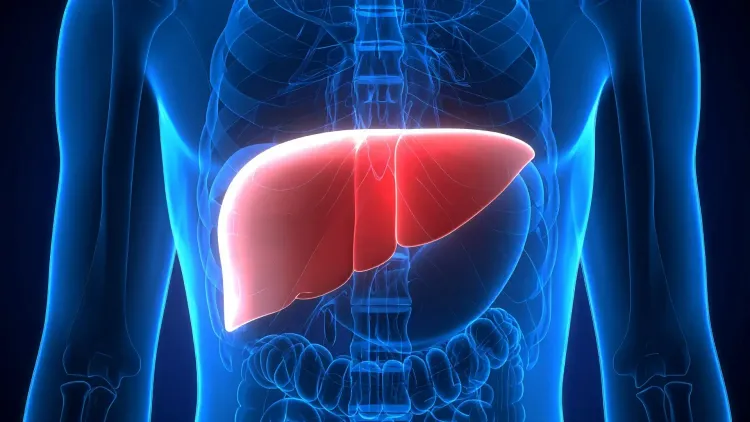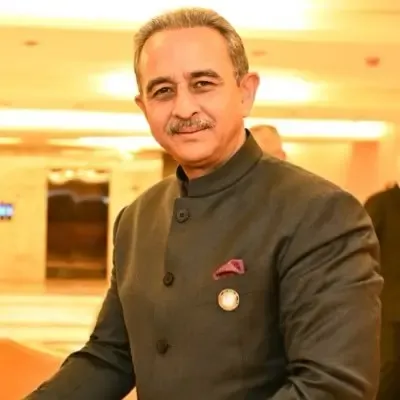How is the Ayush Ministry and ICMR Enhancing Liver Health Through Ayurveda?

Synopsis
Key Takeaways
- Ayurveda's holistic approach to liver health.
- Integration of traditional wisdom with modern science.
- Focus on preventive and therapeutic strategies.
- Collaborative research opportunities in hepatobiliary wellness.
- Significance of evidence-based practices in healthcare.
New Delhi, Oct 24 (NationPress) The Ministry of Ayush has recently declared a two-day national seminar aimed at enhancing liver health through Ayurveda, reinforcing its commitment to evidence-based traditional medicine.
The seminar, titled “Hepatobiliary Wellness through Ayurveda: Bridging Traditional Wisdom with Contemporary Science”, will take place in Bhubaneswar, Odisha, from October 25 to 26, in collaboration with the Indian Council of Medical Research (ICMR).
This event, themed “Yakrut Suraksha, Jiveeta Raksha” (protect the liver, preserve life), represents a major step towards promoting integrative, research-supported solutions for liver and biliary health—an area that necessitates joint research between Ayurveda and modern biomedical science.
“The Ayurvedic Sciences provide a holistic framework for hepatobiliary wellness, focusing on prevention, balance, and sustainable healthcare. Through collaborative research, we are scientifically validating the principles and formulations of Ayurveda to gain a deeper understanding of their mechanisms and clinical significance. Such integrative initiatives not only enhance Ayurveda’s global standing but also lead to innovative, evidence-based solutions capable of revolutionizing liver care and public health outcomes,” stated Prof. Rabinarayan Acharya, Director General of the Central Council for Research in Ayurvedic Sciences (CCRAS).
The two-day seminar will delve into five principal themes, encouraging collaborative research in liver and biliary health.
It will cover holistic preventive and therapeutic strategies, including Ayurveda dietetics, Dinacharya, Rutucharya, Panchakarma, and detoxification therapies. Sessions will also explore scientific validation and disease-specific management approaches for NAFLD, hepatitis, and liver cirrhosis, emphasizing evidence-based integration and presenting experimental findings on the safety, efficacy, and mechanisms of Ayurvedic formulations, along with protocols for harmonizing Ayurveda with contemporary hospital practices, including advancements like the gut-liver axis.
“Hepatobiliary disorders pose intricate challenges that require interdisciplinary exploration and innovation. The collaboration between Ayurveda and modern biomedicine opens up new avenues for understanding disease mechanisms, developing safer therapies, and improving patient care. By merging traditional insights with contemporary scientific rigor, we can establish comprehensive healthcare models that are preventive, personalized, and globally relevant,” added Dr. Sanghamitra Pati, Additional Director General of ICMR and Director of RMRC Bhubaneswar.










